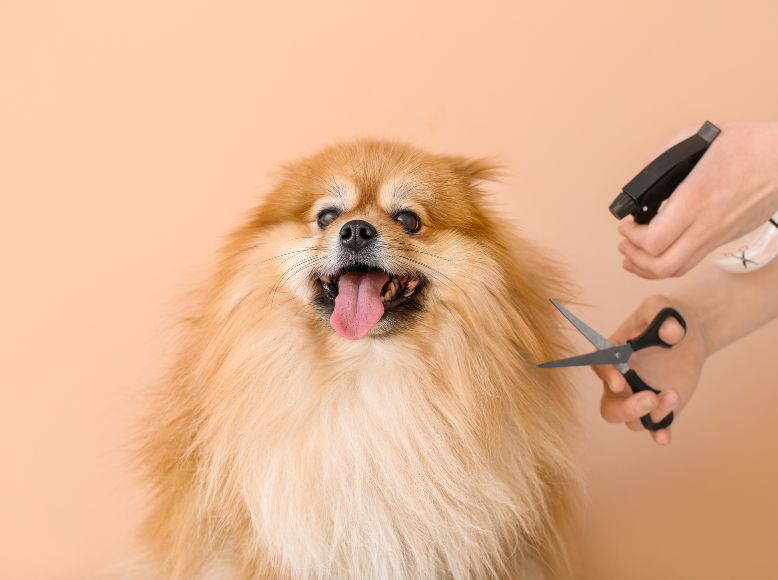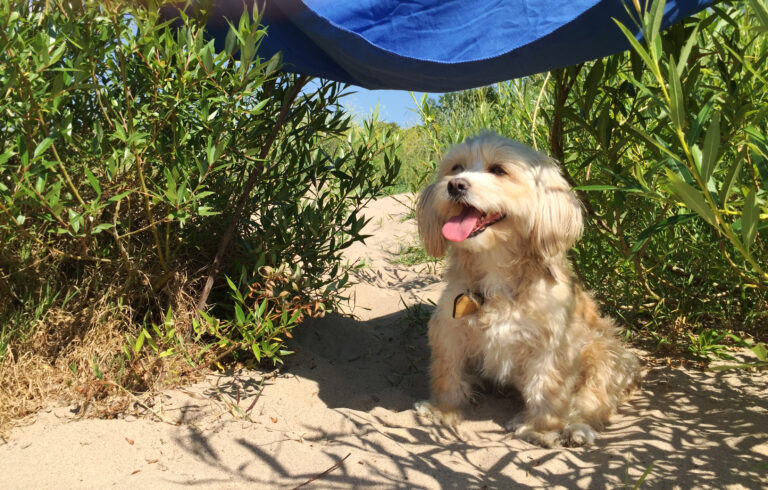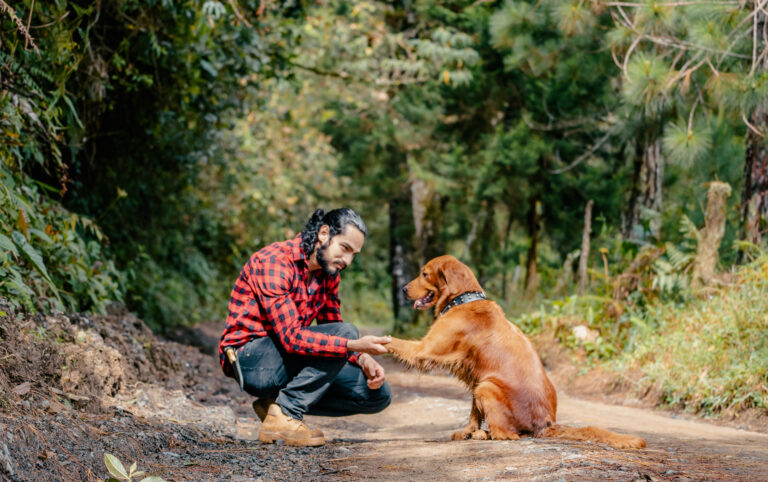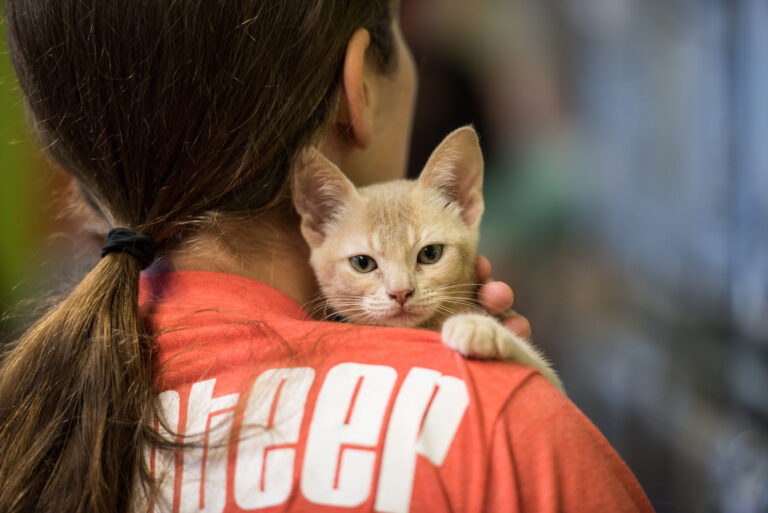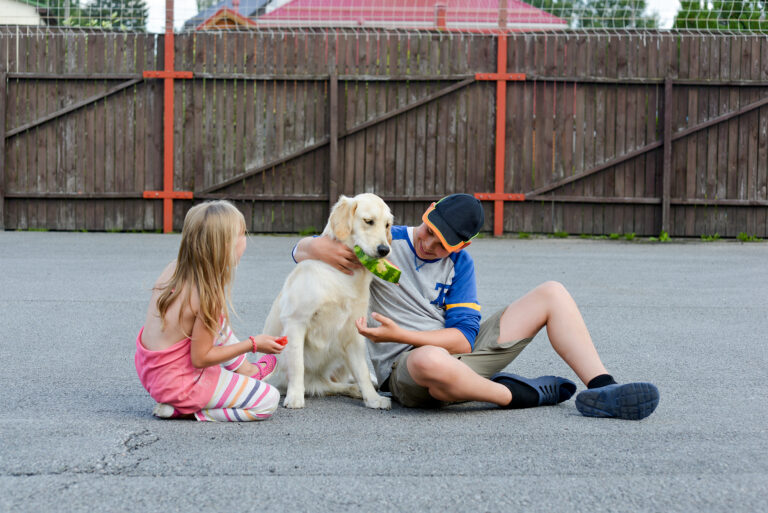As pet owners prioritize the health and safety of their furry companions, it becomes imperative for pet food manufacturers to take proactive measures to minimize the risk of foreign object contamination in dog food. The production of dog food made in the USA requires meticulous attention to detail to ensure the highest standards of safety and quality. In this article, we will explore the essential steps that dog food made in the USA can take to minimize the risk of foreign object contamination in their products, with a focus on meeting the expectations of pet owners seeking trustworthy dog food options. Additionally, we will touch on the significance of proper storage in dog food cabinets to maintain product integrity.
Table of Contents
Supplier Qualification And Auditing:
The first line of defense against foreign object contamination is thorough supplier qualification and auditing. Pet food manufacturers should establish stringent criteria for selecting ingredient suppliers and conduct regular audits to ensure compliance with safety standards. This includes verifying supplier practices and procedures to mitigate the risk of foreign object contamination. Close collaboration with trusted suppliers who share the commitment to quality helps maintain product integrity.
Raw Material Inspection And Handling:
Implementing robust inspection and handling processes for raw materials is crucial to minimize the risk of foreign object contamination. Manufacturers should establish protocols to carefully inspect and sort incoming ingredients to identify any potential contaminants. This includes using metal detectors or X-ray machines to detect and remove foreign objects. Proper storage of raw materials in clean and controlled environments further reduces the risk of contamination.
Effective Equipment Maintenance:
Regular equipment maintenance is essential for preventing foreign object contamination during the manufacturing process. Manufacturers should establish a preventive maintenance program to ensure that production equipment is in optimal condition. This includes routine inspections, cleaning, and calibration of machinery. Any damaged or worn-out parts should be promptly replaced to prevent potential foreign object contamination from equipment malfunctions.
Employee Training And Good Manufacturing Practices (Gmp):
Proper employee training and adherence to Good Manufacturing Practices (GMP) are vital in minimizing the risk of foreign object contamination. Manufacturers should provide comprehensive training to employees regarding food safety, including proper handling and maintenance of equipment, personal hygiene, and procedures to prevent foreign object contamination. Implementing GMP ensures that all processes and procedures align with regulatory requirements and industry best practices.
Stringent Quality Control Measures:
Pet food manufacturers must establish stringent quality control measures throughout the production process to detect and prevent foreign object contamination. This includes regular inspections and testing of products at various stages, including raw materials, in-process, and finished products. Utilizing advanced technologies such as metal detectors, X-ray machines, or sieving equipment helps identify and remove any potential foreign objects before packaging.
Packaging Integrity:
Proper packaging plays a vital role in minimizing the risk of foreign object contamination. Pet food manufacturers should select packaging materials that are resistant to damage and capable of preserving product integrity. Regular inspections and quality control checks should be conducted to ensure the integrity of packaging materials, including seals and closures. Adequate labeling and instructions for proper storage and handling further contribute to the overall safety and quality of the product.
Proper Storage In Dog Food Cabinets:
Proper storage of dog food in cabinets is crucial to maintaining product integrity and minimizing the risk of foreign object contamination. Pet food manufacturers should encourage pet owners to store dog food in cabinets specifically designed for pet food storage. These cabinets should be clean, dry, and away from potential contaminants such as cleaning agents, chemicals, or pests. Encouraging pet owners to follow proper storage practices helps preserve the quality and safety of the dog food.
In Conclusion
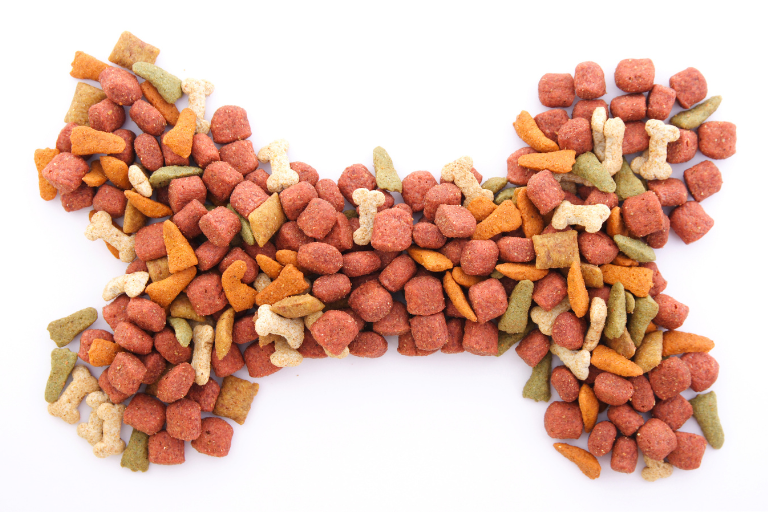
Minimizing the risk of foreign object contamination in dog food made in the USA requires a multifaceted approach. By implementing robust supplier qualification and auditing processes, conducting thorough inspections, ensuring effective equipment maintenance, providing comprehensive employee training, adhering to Good Manufacturing Practices (GMP), implementing stringent quality control measures, and emphasizing proper storage in dog food cabinets, pet food manufacturers can maintain the highest standards of safety and quality. These measures not only meet the expectations of pet owners seeking trustworthy dog food options but also contribute to the well-being and satisfaction of pets across the USA.


